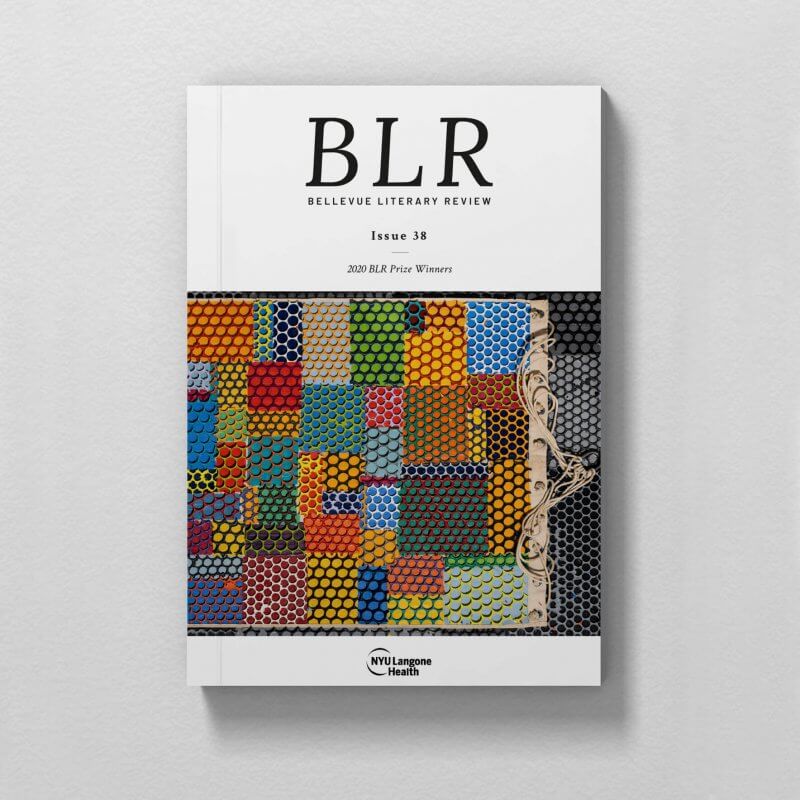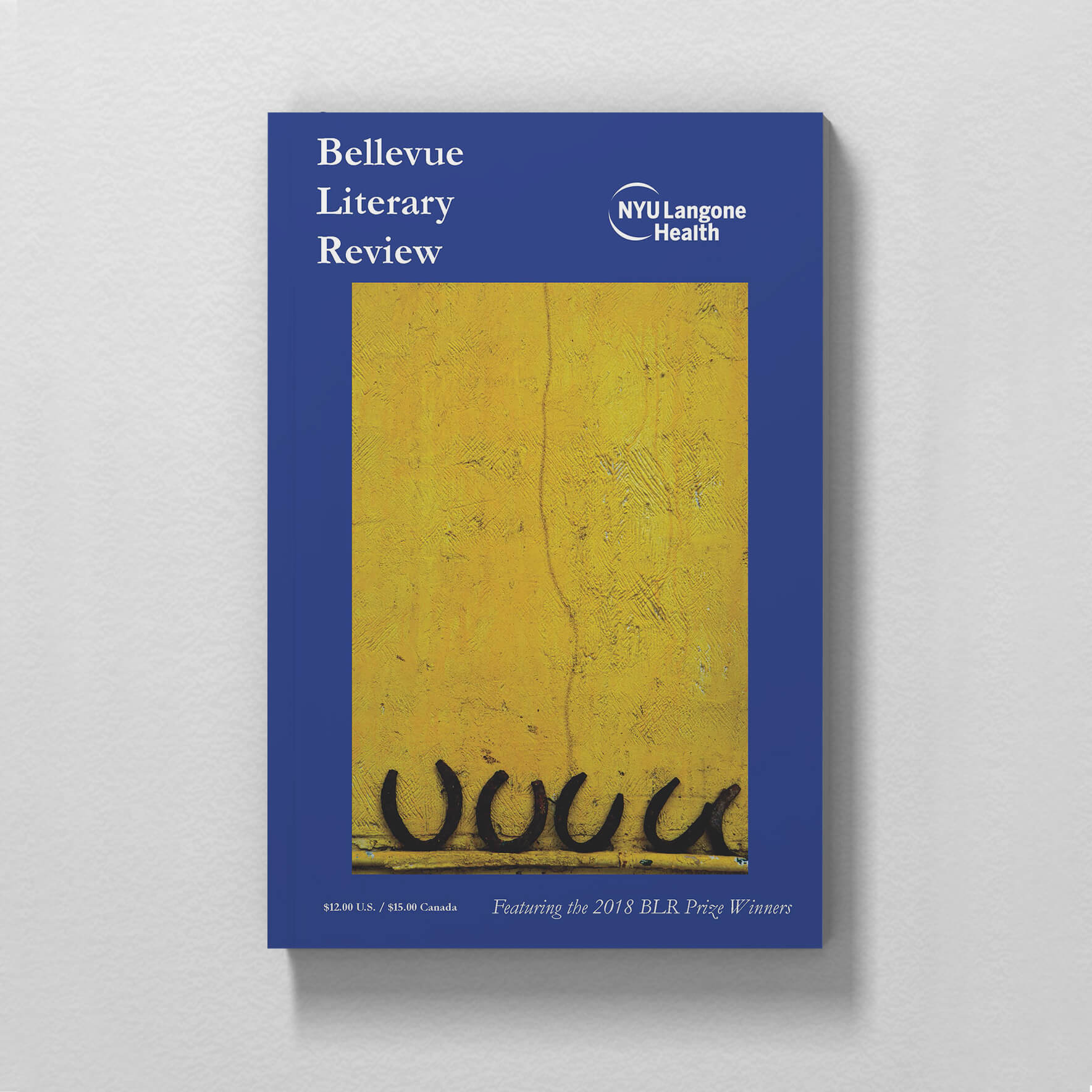Former Fiction Editor
“In This Skin” by Emma Pattee
Honestly, who would ever expect anything remotely poetic from a story that begins, “The difference between a good butthole and a bad butthole is the wink.”? Of course, even at the outset, we realize this will be a great story. First, there’s the irresistible setting, a moonlit beach on Oahu. And then there’s the author’s wry depiction of the protagonist. Newly divorced and overweight, her insecurities and the dissatisfaction with her own body is all too familiar to many of us. While skinning dipping with fellow members of a bridal party (including a particularly crass best man on the make) she feel as ponderous and ungainly as one of the beached sea turtles they are hoping to catch a glimpse of. But then magic happens. We readers are drawn as if by the tide into a primordial world to discover a beautiful and poetic truth.
The Third Story
It’s no revelation to say there was very little room for advancement among African Americans in the United States of the 1940’s. But in Chicago, the setting for this story, WWII had made some room in the workforce and offered temporary opportunities to men such as Paul, a “Negro” professor of pharmacology at an unnamed university. This is a quiet story, as quiet as Paul’s demeanor and the beating of his failing heart. As quiet as a captive dove that rustles in a paper bag throughout the story. We, along with Paul, marvel and dread “it’s pulse and passivity.” This story doesn’t shout about injustice, but its action is a sure as an arrow shot straight through the heart.
Read "The Third Story."
BLR Issue 34
With the very first sentences of “Atrophy,” BLR’s 2018 Goldenberg Prize winner for Fiction, I was hooked. Call me old-fashioned, but I am convinced that Poe’s “unity of effect” is the make-or-break attribute of a short story. Rereading Atrophy now, I am struck by just how cohesive the story is, and I understand why it’s “emotional impression or effect” to use Poe’s words, has lingered so long in my memory. There is hardly a sentence doesn’t hold within it a tone, an image, some circumstance that doesn’t strengthen the the impression of fragility and grief, the surreal state of a woman lost in despair and the love of those who cradle her. O’Brien populates her strange tale with “fraying, quavering things”: crocodile eggs made of paper mache, dead ladybugs, and seedlings; and a man named Yarrow, so mysterious he “doesn’t seem like the type to come from a womb.” This is a story whose ink is destilled from tendon, blood and horsefly stings, a story I’ll never forget.
Read Atropy.





